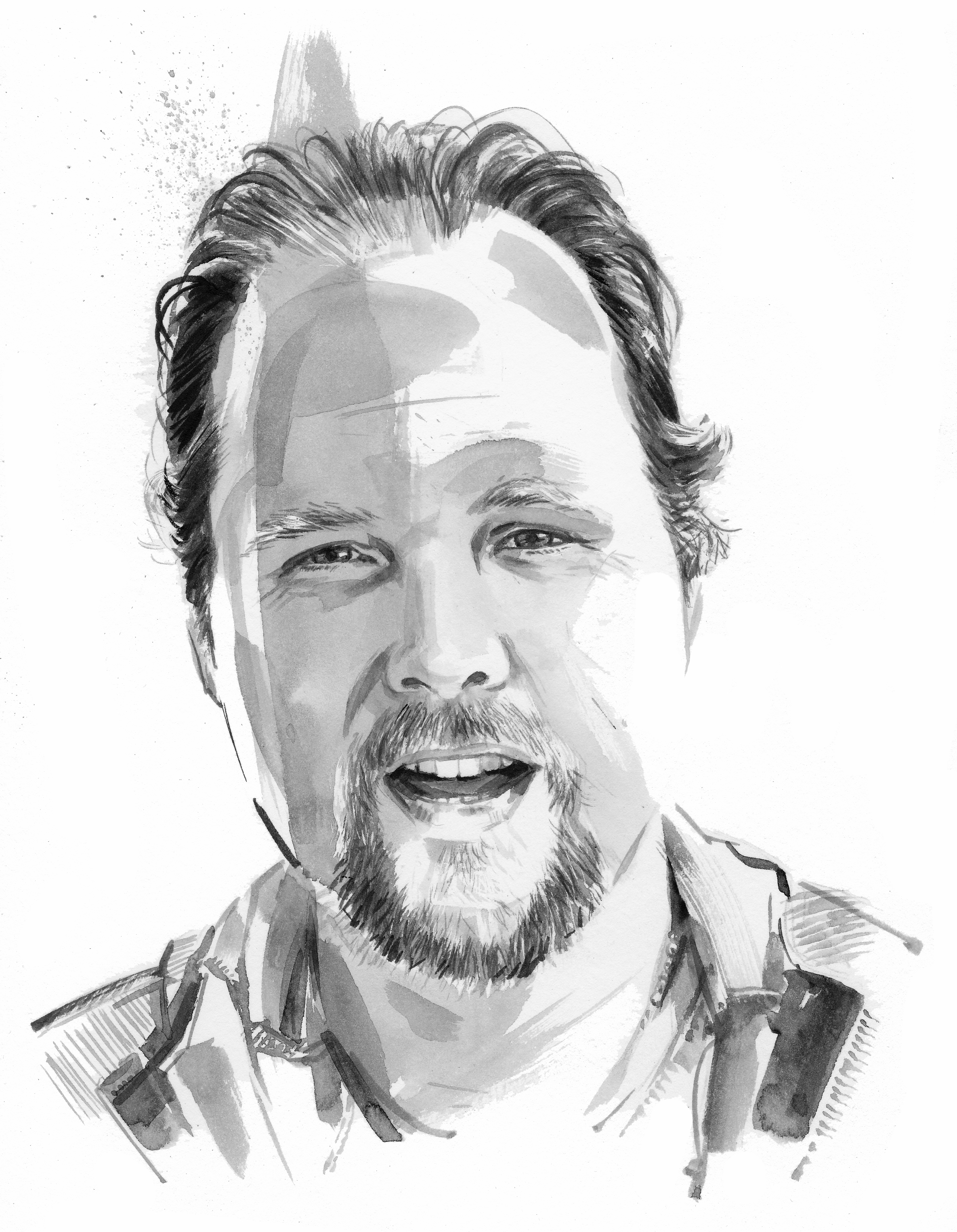When you talk to secondary school teachers about education, one thing that comes up time and again is the desire for more subject-specific professional development.
However, ŌĆ£subject-specific CPDŌĆØ is a broad term that covers a wide range of possible outcomes. So, how can leaders ensure that their subject-specific offering is up to scratch?
It helps to think of subject-specific CPD in three broad categories.
Pedagogical knowledge
While we might want to see each subject as unique and special, the key principles of teaching and learning generally apply to all subjects. It is almost always useful to recall information that you were taught in the past; it helps to have things modelled to you before you try them for yourself; and pupils benefit from getting feedback before errors are ingrained.
ItŌĆÖs important for all teachers to understand these general principles, but it is also useful to see those principles explored in subject-specific contexts. What forms of knowledge in English do pupils need to recall and how? What should a teacher focus on modelling in PE? And what would they focus on in science?
Putting this kind of CPD into schools is relatively straightforward. It could be as simple as ensuring that every CPD session on general principles of teaching ends with time in departments to explore its implications for their subject and to plan how to use it in future lessons.
Or, if capacity is lacking, to align the work of someone providing external support to that department with the schoolŌĆÖs CPD curriculum.
Subject knowledge
CPD that focuses on subject knowledge is trickier to implement and is something schools sometimes overlook. Subjects are broad domains of knowledge and there is always more to learn. National curricula change, as do exam specifications, and people are regularly asked to teach texts or topics they have not taught before.
Subjects also evolve over time; what was once thought to be correct may come to be challenged or overturned.
This is an area of teacher development that, in theory, teachers should be able to take charge of themselves. However, teaching in most schools is an exhausting job that leaves little time or mental energy to keep up to date with changes in our subjects.
Most teachers are not members of their subject associations, and my experience of talking to teachers suggests that those who are often have little time to make use of their memberships.
Schools need to create the conditions where teachers have the time to read, practice and reflect on their subject. This could involve carving out time from the directed time budget to engage with developing subject knowledge, rather than expecting staff to cover this in their protected time.
Pedagogical content knowledge
The final category of subject-specific CPD combines both pedagogical and subject knowledge CPD to ask the question: ŌĆ£How do I teach this particular aspect of the subject?ŌĆØ
For example, we might have the pedagogical knowledge that analogies help to make abstract ideas more concrete, and we might have the subject knowledge that tectonic plates donŌĆÖt move by floating around on convection currents, but how do we use analogies to teach students about how they do move?
This is where pedagogical content knowledge comes in. But, in my experience, this is the area of CPD most often ignored in schools.
It is hard for schools to provide this kind of CPD because it is so granular. Every lesson involves a teacher thinking ŌĆ£how do I teach this?ŌĆØ at a micro level: What questions do I choose for a retrieval task? What do I emphasise during an explanation? How do I help my pupils to link this back to the big concept we are exploring?
One way that schools can help is to work with the talent they have in their school, local area or trust. It begins with everyone knowing who is teaching what really well, and then having the time for that person to share their thinking and their practices.
Putting it together
It is very easy to say that there needs to be more subject-specific CPD in schools. What is far harder is identifying exactly what the development need is, and then finding a way of meeting it.
In most cases, the answer lies in utilising the existing strengths within our schools and supporting it with the time to share and build strong practices together.
Mark Enser is the co-author of The CPD Curriculum
For an indispensable look at the weekŌĆÖs biggest stories and talking points, sign up for our Weekly Debrief newsletter






